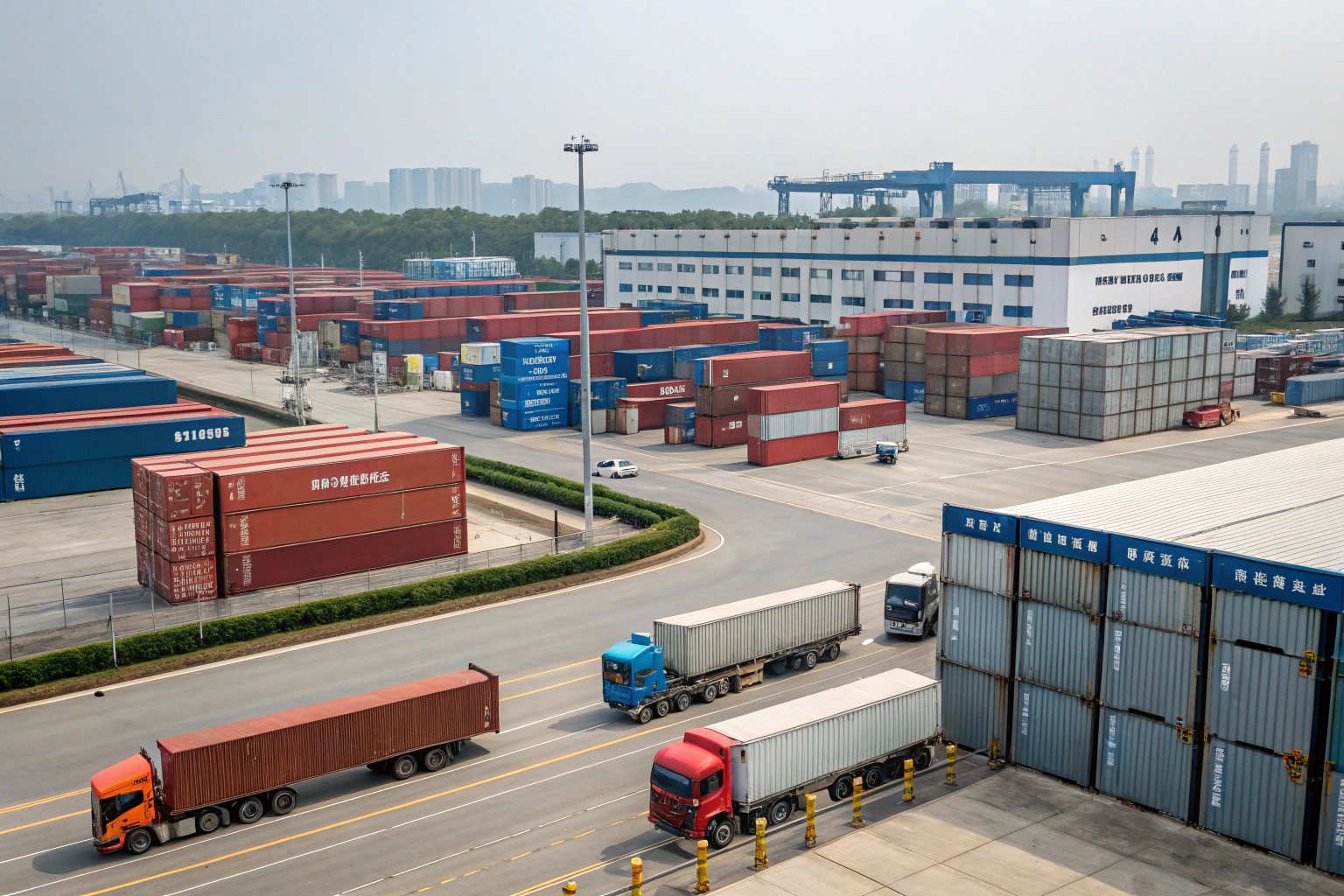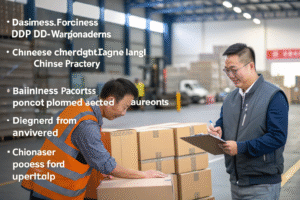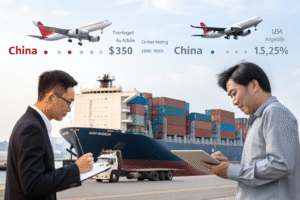China is the world’s largest exporter, and managing shipments from its factories to overseas markets can be complex. Importers in the U.S. and Europe often encounter issues such as unexpected costs, customs delays, and miscommunication with suppliers or carriers. This is where freight forwarders in China provide significant value.
A freight forwarder in China reduces costs, ensures smoother customs clearance, improves reliability, and provides end-to-end logistics services aligned with international standards.
Drawing from both academic frameworks in supply chain management and professional experience in global forwarding, I will explain why choosing a Chinese freight forwarder is not just an option, but a strategic decision.
How do freight forwarders help reduce shipping costs?
Cost efficiency is one of the most immediate benefits of using a freight forwarder in China. International shipping is influenced by fluctuating freight rates, seasonal surcharges, and capacity shortages.
Freight forwarders consolidate shipments, negotiate bulk contracts, and select optimal transport modes to lower logistics expenses.
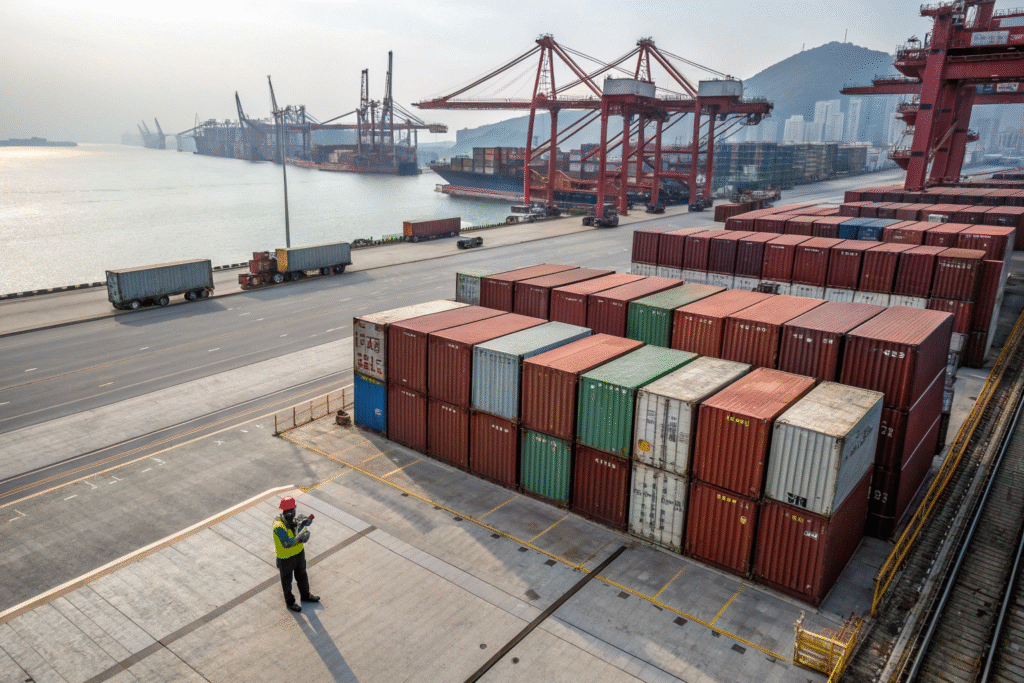
Why are forwarders more cost-effective than direct booking?
Carriers prioritize large-volume customers. A forwarder booking thousands of containers annually enjoys discounted rates that individual buyers cannot access. Platforms such as Freightos illustrate how forwarders frequently offer lower all-in quotes compared to shipping lines.
How do they optimize total landed costs?
Forwarders analyze supply chain requirements and may recommend rail or multimodal solutions. For example, the China-Europe Railway Express provides a middle ground between air freight’s speed and ocean freight’s lower cost. Academic models of Total Cost of Ownership (TCO) in logistics confirm that such optimization reduces overall expenses.
Why is customs clearance smoother with a local forwarder?
Customs procedures in China are detailed and highly regulated. Errors in classification, documentation, or valuation can delay shipments for weeks.
Local freight forwarders maintain direct relationships with customs officials and understand port-specific rules, which ensures faster clearance.
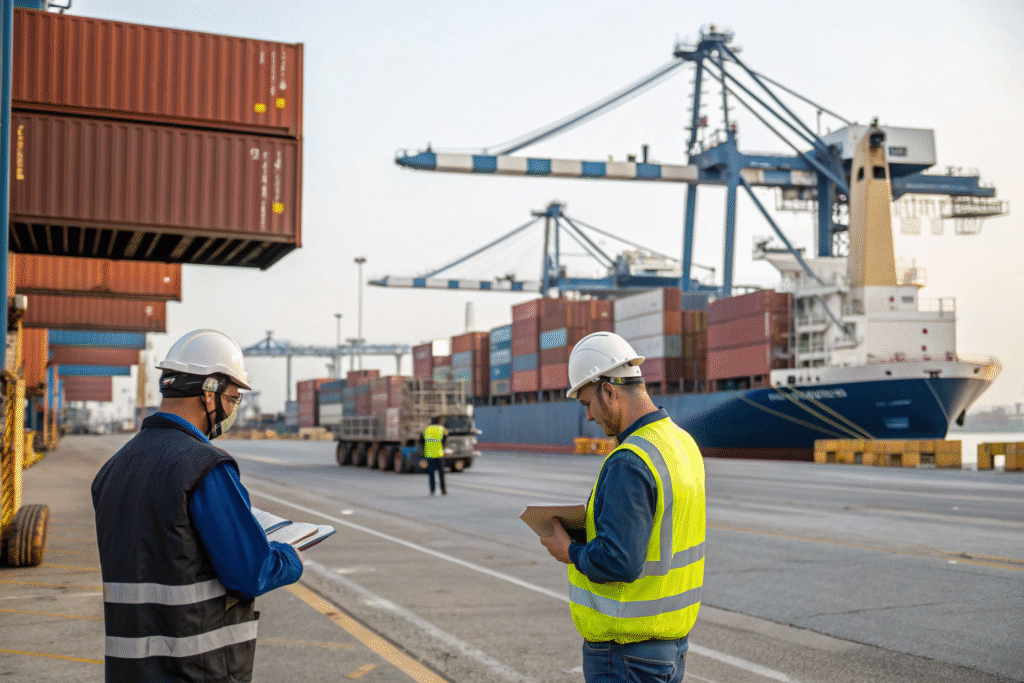
What makes local expertise indispensable?
The World Customs Organization stresses the importance of accurate HS codes for compliance. Forwarders ensure product codes are correct and align invoices with international standards. Different ports, such as Shanghai and Shenzhen, apply procedures slightly differently, and forwarders know these local nuances.
How do forwarders prevent clearance delays?
Forwarders prepare export documentation early, verify certificates, and monitor regulatory updates from China Customs. By applying both practice and academic knowledge of customs law, they avoid costly errors that inexperienced shippers often face.
How do freight forwarders improve shipping reliability?
Reliability is critical in global trade. A missed sailing or delayed shipment can disrupt production and sales.
Freight forwarders maintain reliability by booking across multiple carriers, tracking schedules, and managing risks proactively.
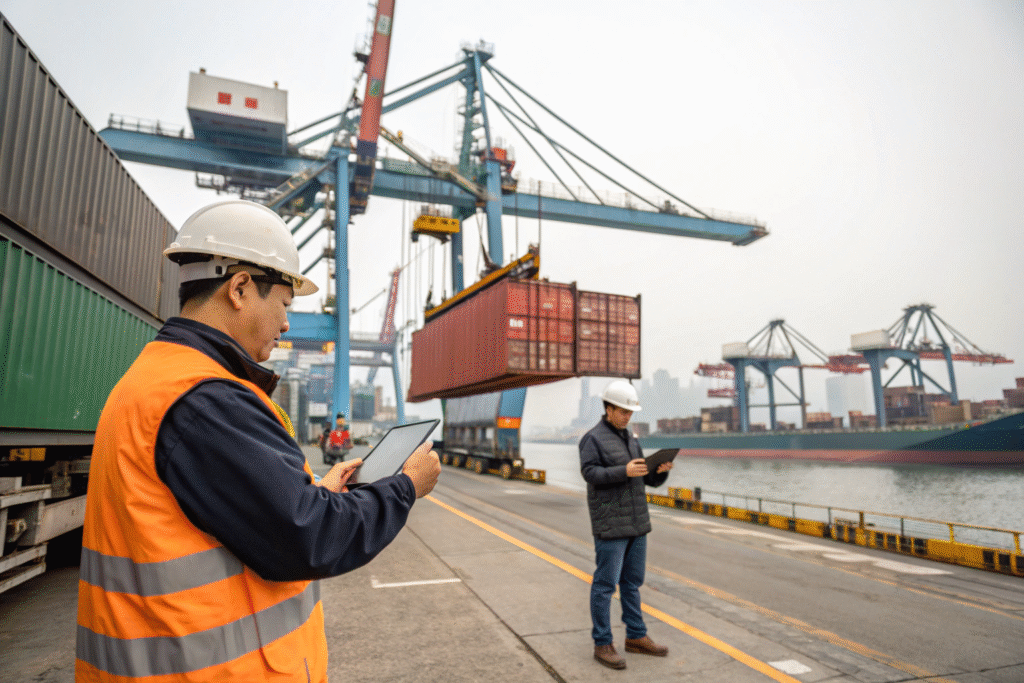
Why are forwarders more reliable?
Forwarders spread shipments across different carriers and adapt when ports face congestion. The Port of Shanghai is the busiest in the world, yet forwarders use their networks to minimize delays.
How do they manage risks?
Forwarders often recommend cargo insurance through services like Allianz Trade. Academic risk management models emphasize diversification and contingency planning—both of which forwarders apply daily to protect shipments.
What additional services do Chinese freight forwarders provide?
Modern freight forwarders are no longer just booking agents; they are integrated logistics partners.
They provide warehousing, packaging, labeling, cargo tracking, and even door-to-door delivery solutions.
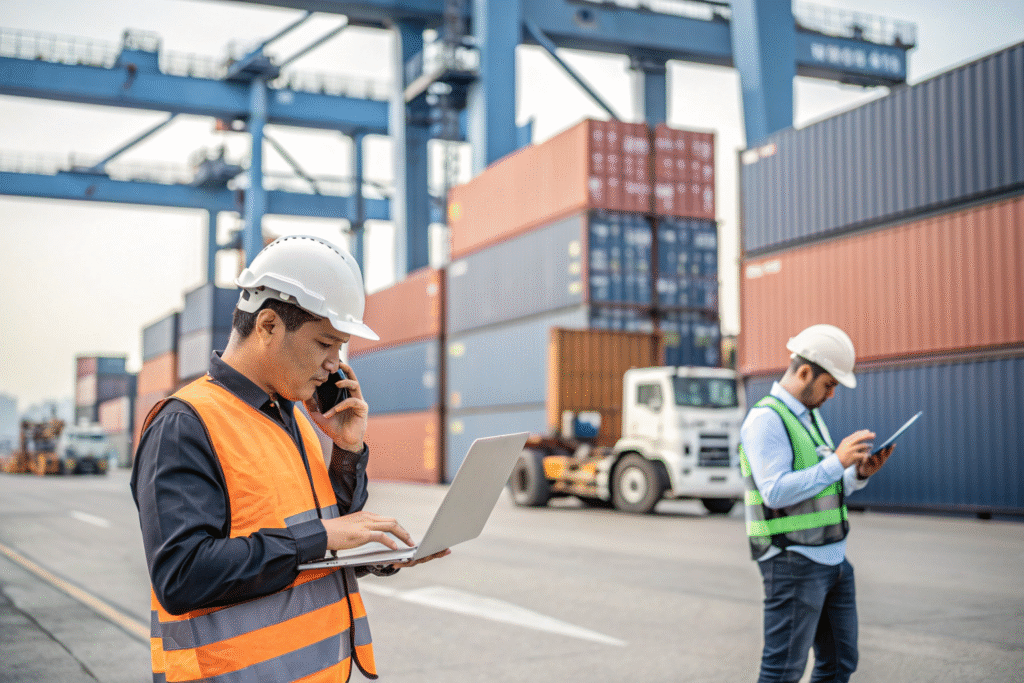
Why are value-added services important?
Importers often require repacking, labeling, or quality checks before goods leave China. Companies like Sinotrans provide multi-service logistics that ensure cargo meets both local and international standards.
How do digital solutions strengthen service?
Forwarders in China increasingly use technology platforms such as CargoSmart for real-time visibility. This digitalization aligns with academic research on supply chain visibility, which shows that transparency reduces uncertainty and improves decision-making.
Conclusion
The benefits of using a freight forwarder in China extend far beyond cost savings. From smoother customs clearance and reliable schedules to integrated logistics services, forwarders act as both problem-solvers and strategic partners.
In my experience, importers who rely on local freight forwarders not only avoid costly mistakes but also gain stronger control over their global supply chains. Academic theory confirms what practice proves: a skilled freight forwarder transforms logistics from a challenge into a competitive advantage.
